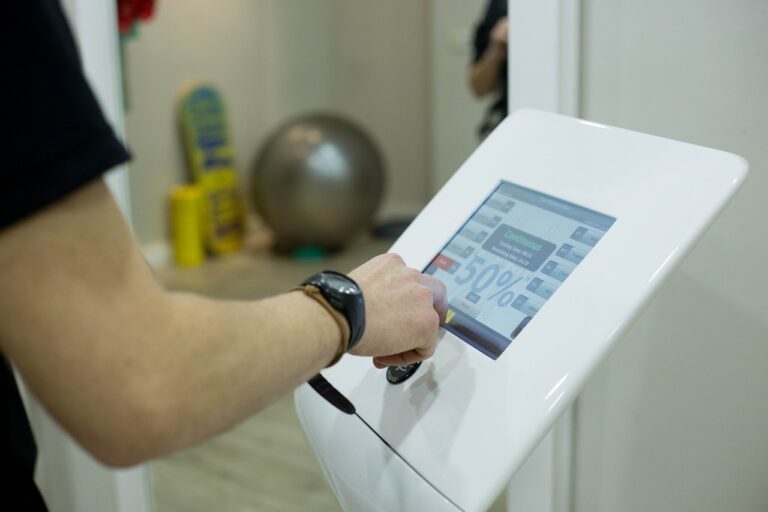Addressing Burnout in Healthcare Professionals: Strategies for Self-Care
Burnout is a common problem among healthcare professionals due to the demanding nature of their jobs. Long hours, high stress levels, and emotional strain can all contribute to burnout, which can have serious consequences for both the individual and the quality of patient care. In this article, we will explore the causes of burnout in healthcare professionals and provide strategies for self-care to help prevent and address burnout.
Causes of Burnout in Healthcare Professionals
There are several factors that can contribute to burnout in healthcare professionals. Some common causes include:
1. High Workload
Healthcare professionals often have heavy workloads and long hours, which can lead to feelings of exhaustion and overwhelm.
2. Emotional Strain
Dealing with sick or injured patients, especially in high-pressure situations, can take a toll on healthcare professionals emotionally.
3. Lack of Support
Feeling isolated or unsupported in the workplace can also contribute to burnout. It’s important for healthcare professionals to have a strong support system in place.
Strategies for Self-Care
It’s essential for healthcare professionals to prioritize self-care in order to prevent burnout. Here are some strategies that can help:
1. Set Boundaries
It’s important to set boundaries between work and personal life to avoid feeling overwhelmed. Make time for activities that bring you joy and relaxation outside of work.
2. Practice Mindfulness
Engaging in mindfulness practices, such as meditation or deep breathing exercises, can help reduce stress and increase feelings of calm and focus.
3. Seek Support
Don’t be afraid to reach out for support when you need it. Talk to friends, family, or a therapist about your feelings and experiences.
4. Take Breaks
Make sure to take regular breaks throughout your workday to rest and recharge. Even a short walk outside can do wonders for your mental health.
5. Engage in Self-Care Activities
Take time to engage in activities that nourish your soul, whether it’s reading a book, taking a bath, or going for a run. Self-care is essential for maintaining a healthy work-life balance.
6. Prioritize Sleep
Sleep is crucial for overall health and well-being. Make sure to prioritize getting enough rest each night to help you feel refreshed and ready to tackle the day.
FAQs
Q: What are the warning signs of burnout in healthcare professionals?
A: Some warning signs of burnout include feelings of exhaustion, reduced empathy for patients, cynicism, and a decreased sense of accomplishment.
Q: How can healthcare organizations support their staff in preventing burnout?
A: Healthcare organizations can support their staff by providing access to mental health resources, promoting a healthy work-life balance, and encouraging open communication about burnout.
Q: Is burnout reversible?
A: Yes, burnout is reversible with the right self-care practices and support systems in place. It’s important to address burnout early on to prevent further negative impacts on your health and well-being.
By implementing these strategies for self-care, healthcare professionals can help prevent and address burnout, leading to a healthier and more fulfilling work experience. Remember to prioritize your own well-being in order to better care for others.







